Ukraine plans massive winter drone campaign to ‘devastate’ bogged-down Russian invaders
Exclusive: The second winter of the conflict is almost here and Ukraine’s forces are marching into more grinding warfare. But faced with freezing temperatures, Kyiv and its expert drone pilots still hope to bring home a lot to celebrate, a senior general tells Arpan Rai

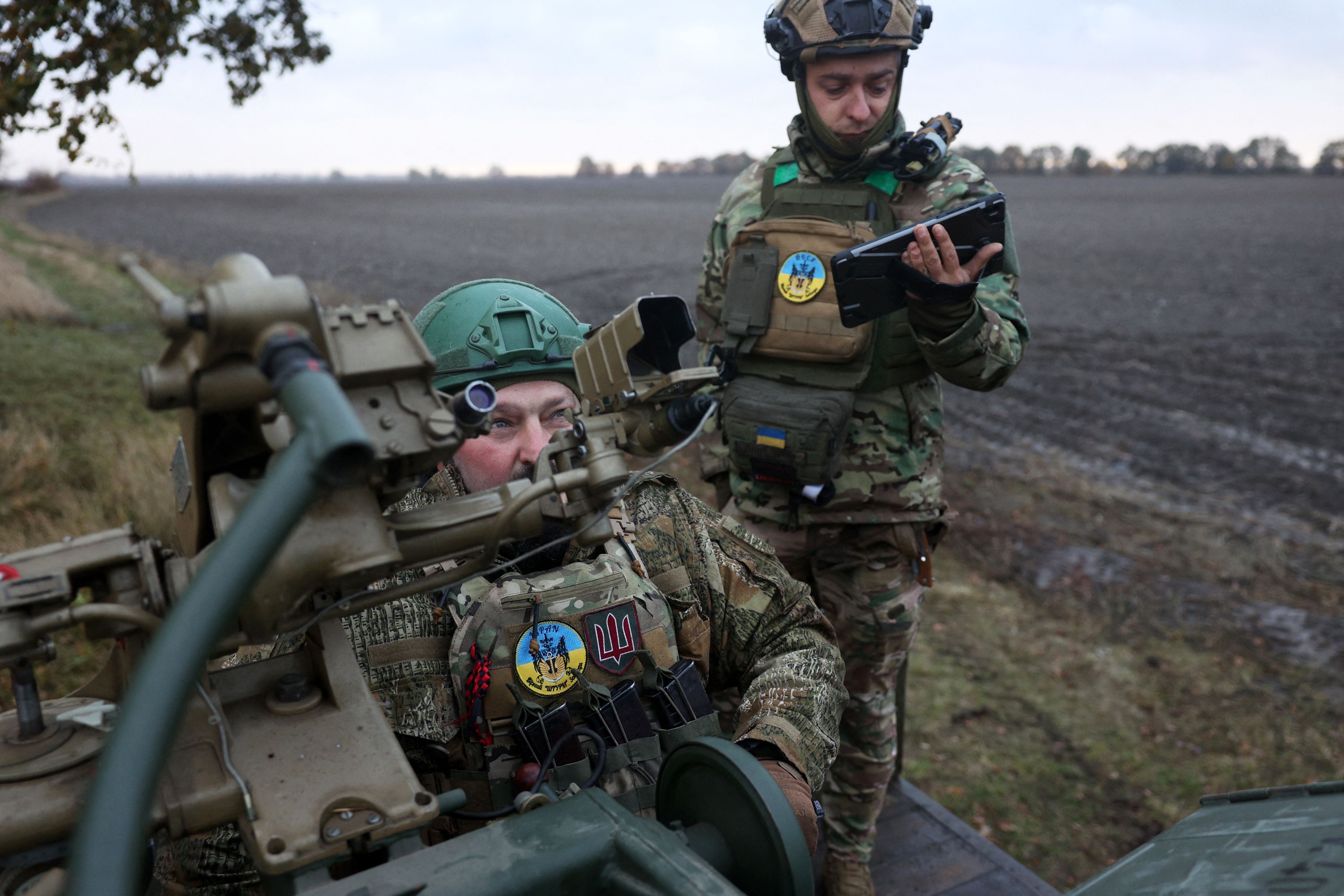
Ukraine is preparing to launch a major winter drone offensive against Russia when harsh conditions hamper ground attacks, a senior general has said.
Crimea and border areas within Russia will face new aerial bombardment, with Kyiv setting its sights on Vladimir Putin’s military bases and infrastructure, Brigadier General Serhiy Baranov, the chief of the military unit overseeing drone operations, told The Independent.
He said Kyiv wants to build on “significant successes” in the past few weeks of the invasion, which has seen some of Moscow’s critical military assets and naval sites targeted by Ukraine’s one-way drones (OWA).
As part of the counteroffensive, Volodymyr Zelensky’s forces have fired waves of drones deep into western Russia and the Crimean peninsula. Ukraine has also ramped up attacks on the Black Sea, where Putin keeps his prized naval assets, and has struck Russian warships with naval drones.
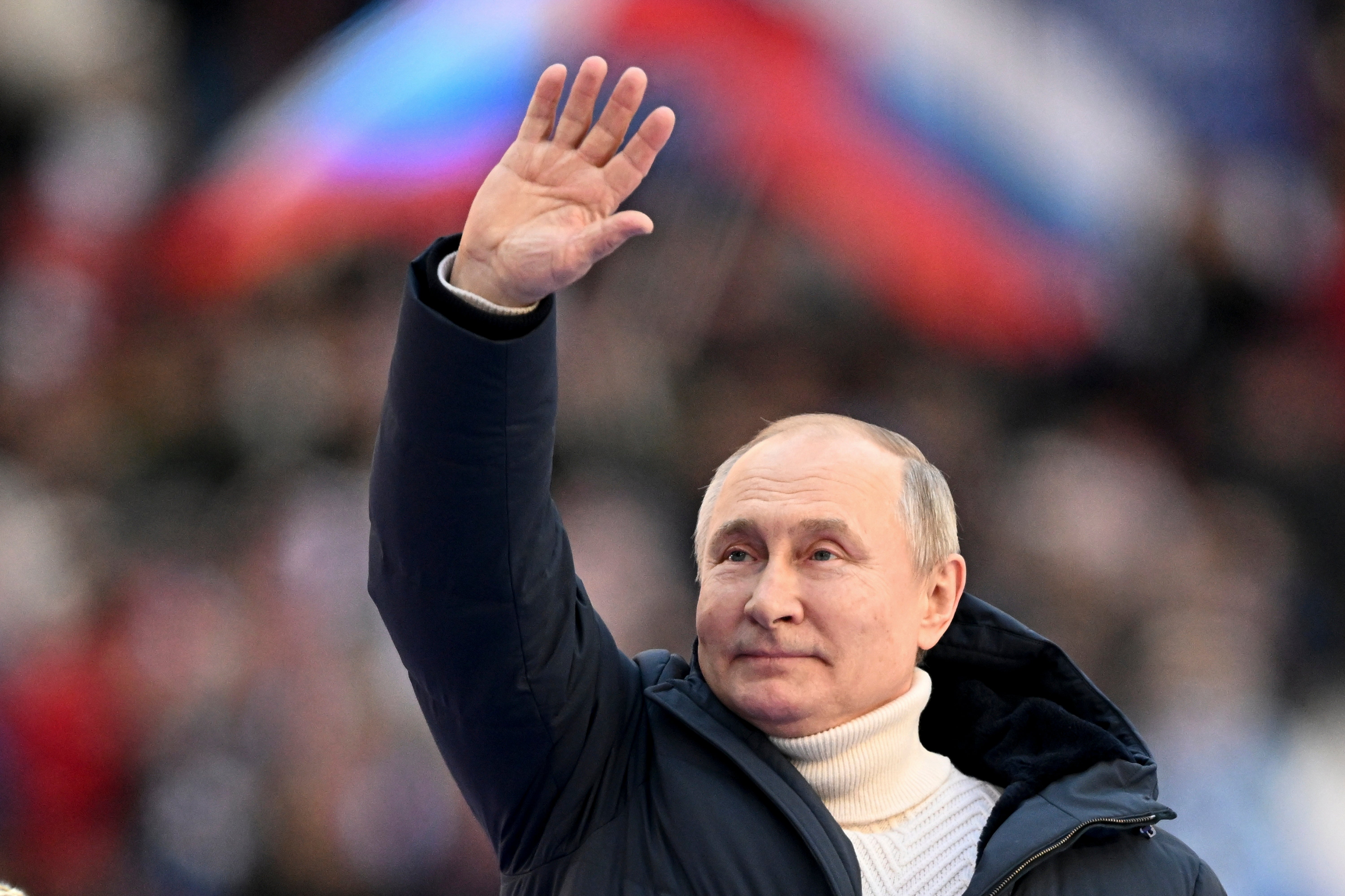
And, with help from saboteurs, Ukraine also attacked air bases deep inside Russia, destroying a Tu-22M long-range bomber and damaging two other aircraft.
While Kyiv has now come to rely heavily on domestic drone manufacturing and training, military aid from Western allies has bolstered the campaign. In May this year, the British government pledged drones with a 200km range to Ukraine.
“We intend to capitalise on the experience we have gained over the previous years and use drones to inflict a devastating effect on the Russians when the fighting will be much more static [this winter],” said General Baranov. “We are confident that we have some of the best and most experienced drone pilots in the world.”
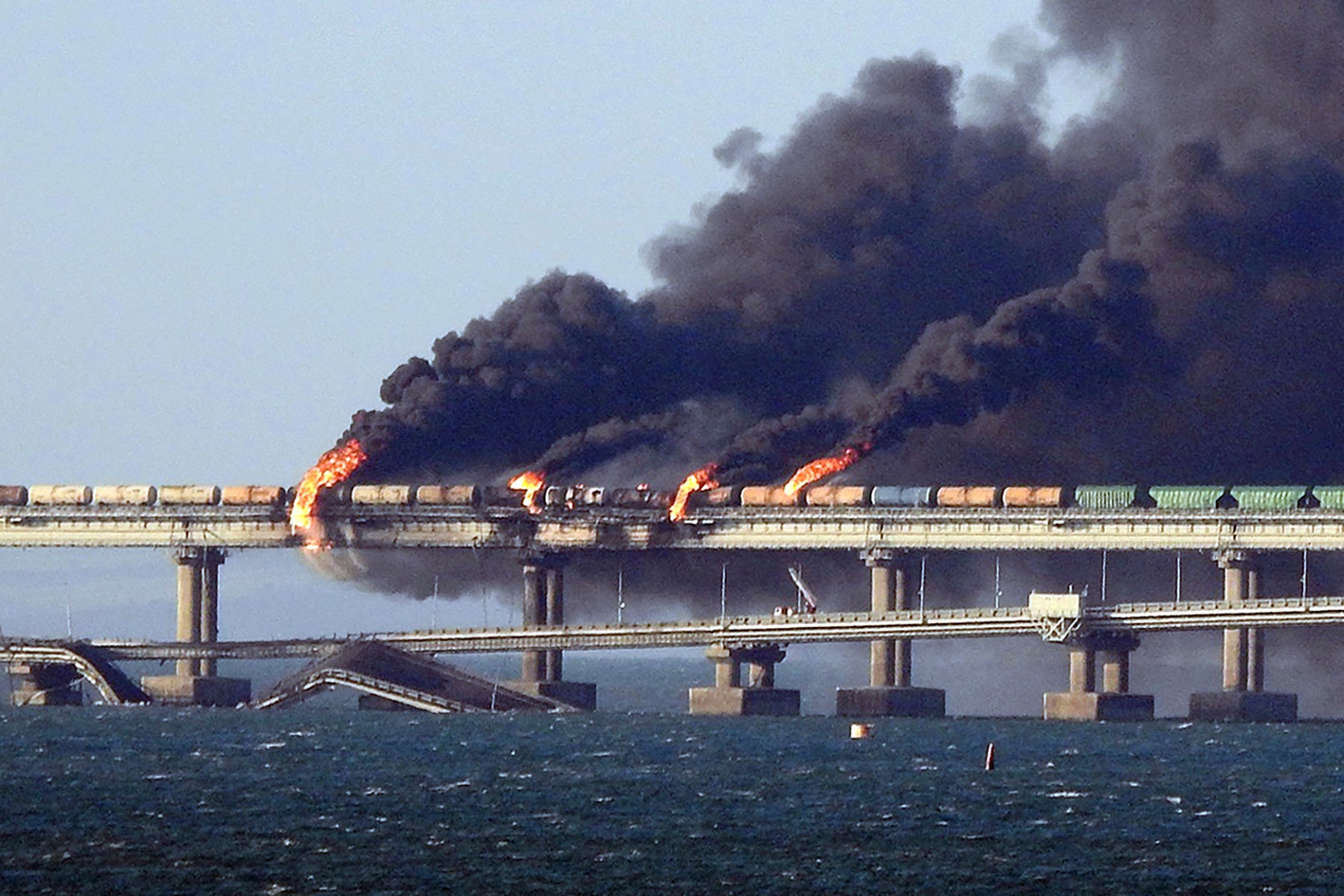
Last winter saw a lull in fighting in Ukraine as snow and freezing temperatures made much of the Donbas region impassable. But this year the run-up to February could prove critical in deciding the future of the conflict, as Ukraine is keen to avoid giving Russia the chance to regroup during a let-up in its counteroffensive.
Kyiv is also expecting Russia to launch “numerous counterattacks”, General Baranov said – something which tallies with growing speculation that Russia has been conserving its missiles and drones in recent weeks in order to hit energy infrastructure hard at the beginning of winter, leaving Ukraine’s civilians freezing in the dark.
“The Russians are careful, they have a lot of personnel and a lot of resources. They have been preparing for a war of this magnitude for a long time. For the Ukrainian people, war is expensive,” he said.
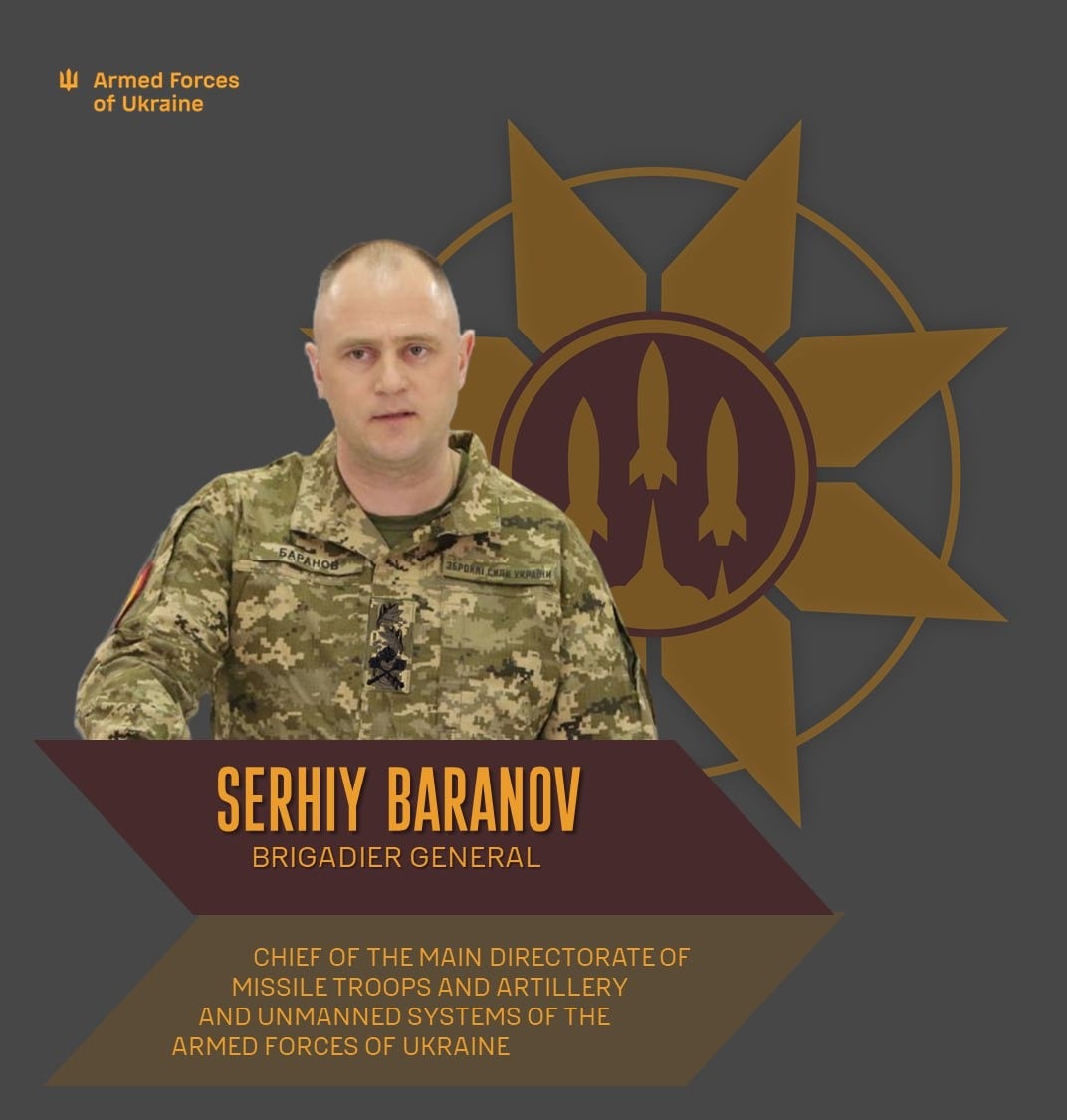
On the issue of why Ukraine has been focusing its drones on targets in Crimea in recent months, General Baranov said Kyiv sees the territory – which Russia illegally annexed in 2014 – as an essential logistical link for Moscow’s ground troops. “The Russians have tried to concentrate ammunition, equipment and personnel. The build-up is to try and make this appear as though it is Russian territory. It is not. We are aggressively fighting against this,” he told The Independent.
In a plea for Western allies to keep up arms supplies even during the escalating war between Israel and Hamas, he said Ukraine will only be fully prepared for winter if its immediate ammunition needs are met.
“In particular, we require 155mm ammo, a Nato-standard artillery shell [for short-range assault]. We also require a plethora of long-range ammunition such as GMLRS and ATACMs. F16s and additional AD systems will help protect our airspace and provide the opportunity to strike to defend our territory,” the general said.
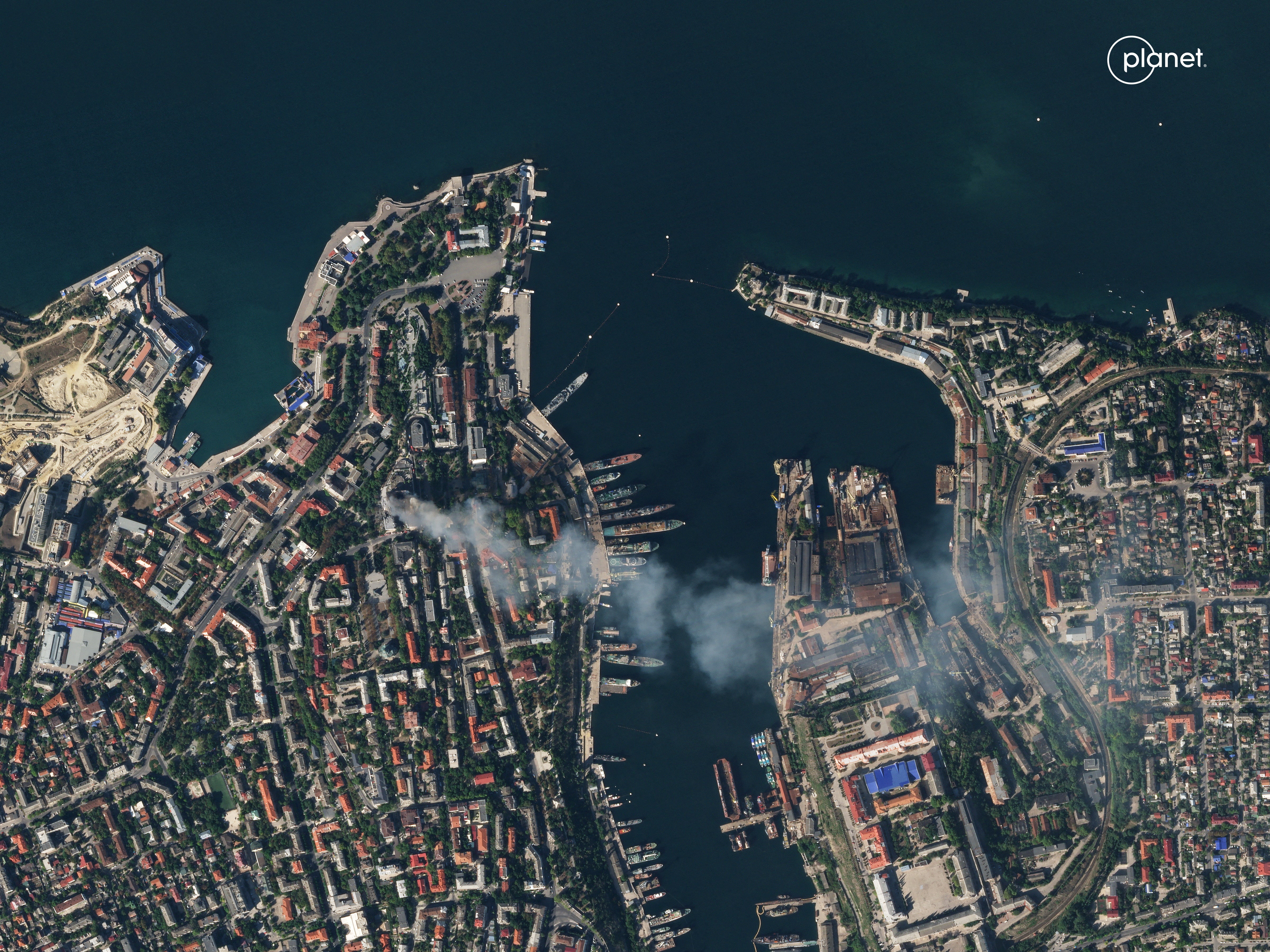
“In order for the UAF [Ukrainian Air Force] to be successful against Russia, we need the same amount of ammunition that Russia is expending. We, as you know, receive Western help in terms of ammunition, for which we are incredibly grateful.
“We are currently fighting a war on multiple fronts, so any additional ammunition is a bonus.”
Asked about the latest developments in the battle for Avdiivka, a small but strategically placed industrial hub in eastern Ukraine, General Baranov repeated claims made by Mr Zelensky and Western intelligence agencies that Russia has suffered very heavy losses in its push to take the town.
He said Mr Putin has been using large numbers of inexperienced and recently mobilised troops in the offensive and that Moscow is making no effort to retrieve its dead from the battlefield. In one 24-hour period last week, Russia lost “approximately 20 armoured vehicles… and approximately 250 soldiers [were] killed or injured”, he said.
“They are still lying on the battlefield and Russians continue to try and storm our positions,” said General Baranov. “The biggest weakness of the Russians is that it still continues to send unprepared people – mobilised people, mobilised resources. They are not good and prepared to fight, so they are suffering heavy casualties.”
Join our commenting forum
Join thought-provoking conversations, follow other Independent readers and see their replies
Comments
Bookmark popover
Removed from bookmarks